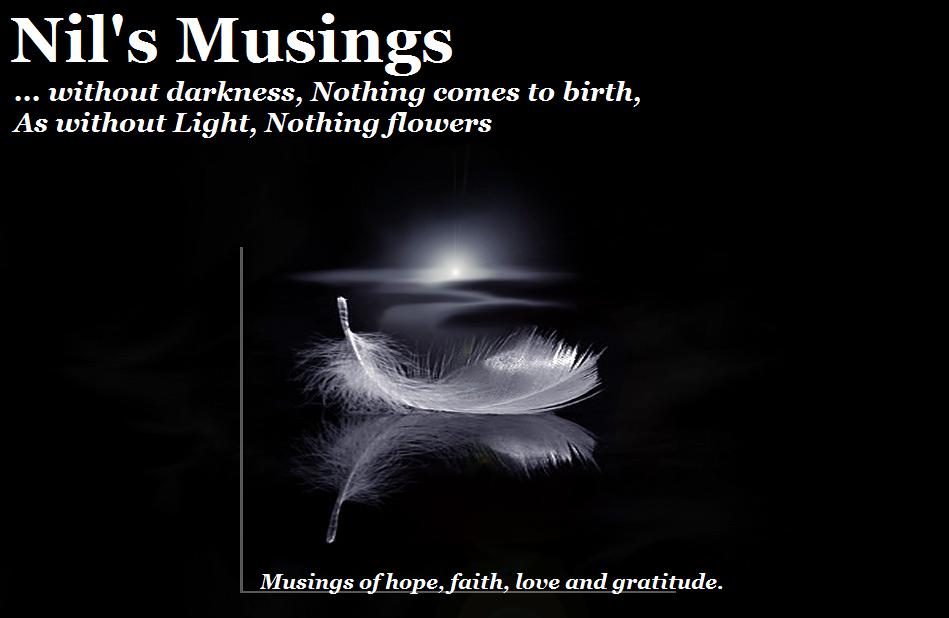I say heck no ... we have to deal with air horns and beach balls and fireworks and smoke stuff in other matches ... I can leave with a noisy 127 decibel plastic horn.
It is comforting, like being inside a bee hive, with a family of bees, watching the world cup.
But if allergic to bees, that poor fella will be having nightmares.
For those who have no idea still what a vuvuzela is, this is the Wiki entry, summarised below.
The vuvuzela, sometimes called a "lepatata" (its Tswana name) or a stadium horn, is a blowing horn up to approximately 1 m (3 ft 3 in) in length. It is commonly blown by fans at football matches in South Africa.[1] The instrument requires some lip and lung strength to blow and emits (from the standard shorter horn of 60–65 cm) a loud monotone (B♭3). A similar instrument (known as corneta in Brazil and other Latin American countries) is used by football fans in South America.[2] Very similar plastic horns have also been a tradition at the Quebec Winter Carnival for many years.
Vuvuzelas have been controversial. They have been associated with permanent noise-induced hearing loss, cited as a possible safety risk when spectators cannot hear evacuation announcements, and potentially spread colds and flu viruses on a greater scale than coughing or shouting. Vuvuzelas have also been blamed for drowning the sound and atmosphere of football games. Commentators have described the sound as "annoying" and "satanic" and compared it with "a stampede of noisy elephants", "a deafening swarm of locusts", "a goat on the way to slaughter", and "a giant hive full of very angry bees".
The sound level of the instrument has been measured at 127 decibels contributing to football matches with dangerously high sound pressure levels for unprotected ears. A new model, however, announced on 14 June 2010, has a modified mouthpiece which is claimed to reduce the volume by 20 dB.
Take care and be well.

No comments:
Post a Comment